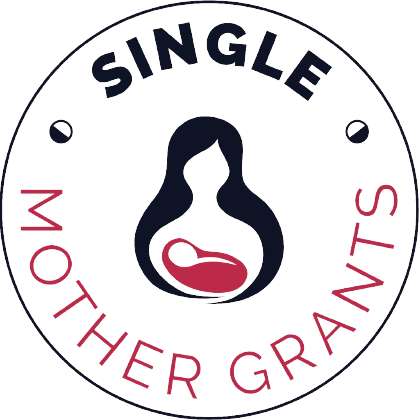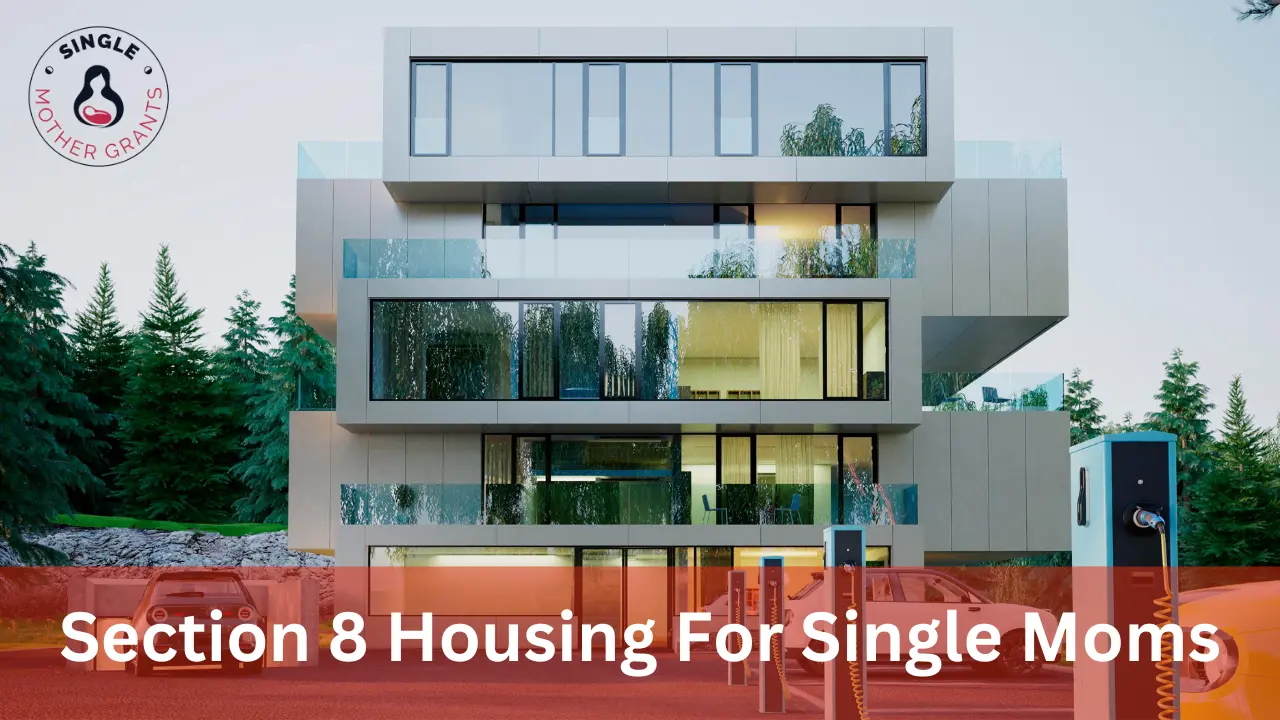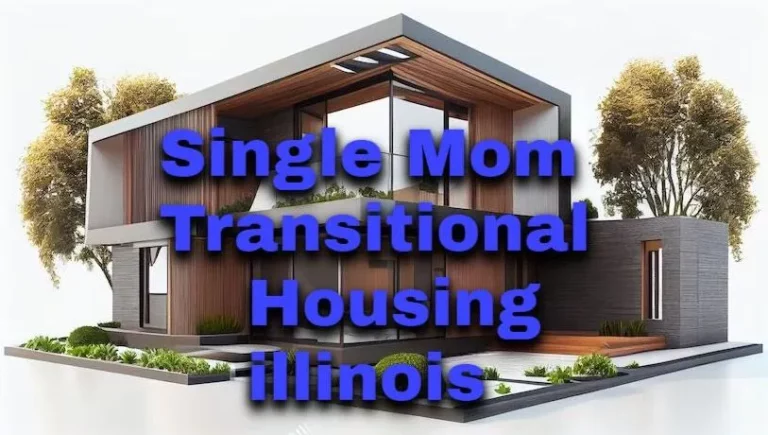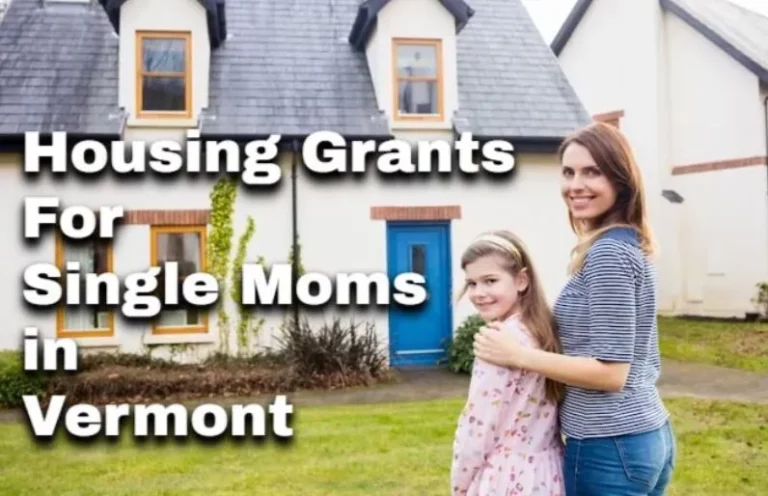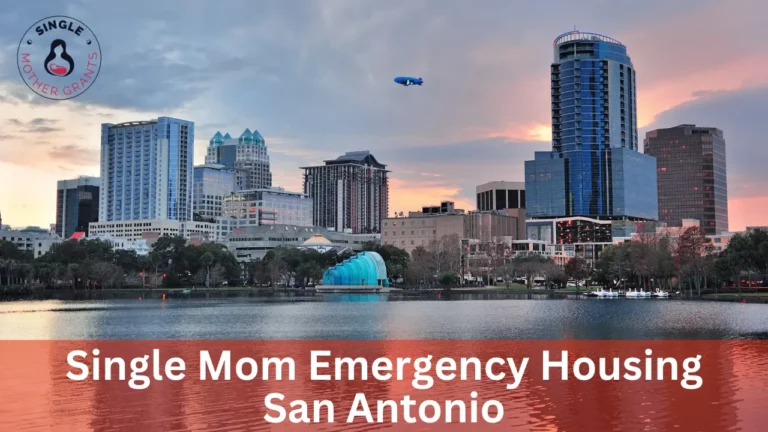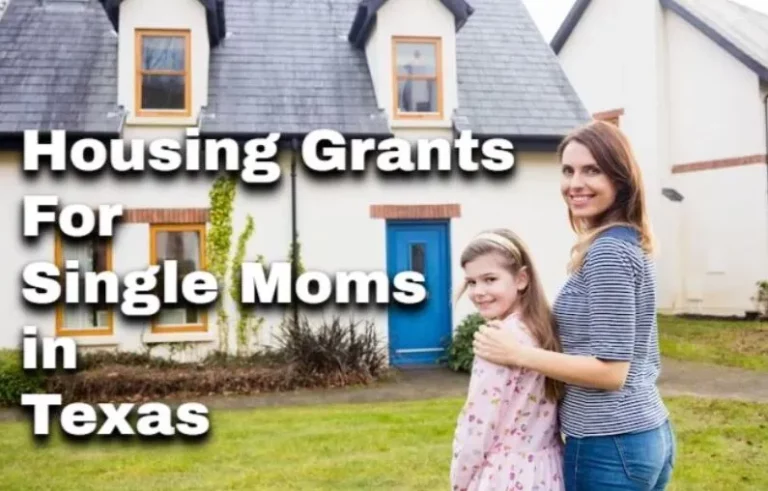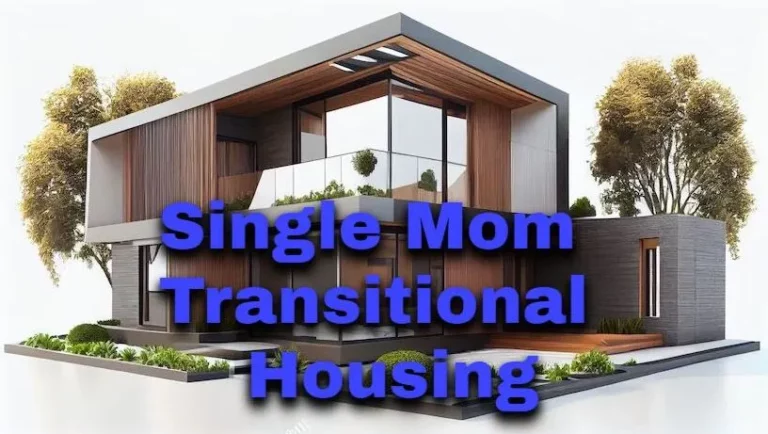Section 8 Housing For Single Moms
Finding safe and affordable housing for single mothers with low or no income is one of the biggest hurdles. There are subsidized and public housing options available for solo moms as well as low-income families. Another housing program enabling low-income single mothers and needy families to obtain housing is Section 8 or the Housing Choice Voucher Program.
What Is Section 8 Housing?
A federal program that assists low or moderate-income families, including single mothers, so they can afford a place and live securely with their families is known as the Section 8 Housing Program. Unlike Public Housing or Subsidized Housing, tenants or renters can select any housing or apartment according to their wishes under the Section 8 Housing Program. Solo moms from low or moderate-income households seeking financial assistance to pay their rent may qualify for the single-mom Section 8 housing program. The main stipulation of this federal program is that the private managers or landlords of the eligible candidates should agree to receive rent under this program. Once they approve, the housing voucher will be paid directly to the landlords through this program. Eligible low-income families and single mothers will be responsible to pay for the difference between the voucher amount and the rental amount charged by their landlords. In some cases, the Section 8 Housing Program also enables candidates to buy a house of their own, depending on their income and financial situation.
What Are The Eligibility Requirements For Section 8 Housing?
Low-income families and single mothers who wish to receive financial assistance through Section 8 housing should first learn about the following eligibility criteria.
1. Income Guidelines
Low-income single mothers and needy families who want to qualify for Section 8 housing must check the online tool of HUD to ascertain whether they qualify for the Section 8 Housing Program. The eligibility criteria for Section 8 housing are primarily based on the median income level and may vary depending on the resident’s location. The general guidelines of the Section 8 Housing Program state that the participants’ household income should not exceed 50% of the median income for the city or the county of residence. For instance, if the average family income in the county where you reside is around $30,000, the; then your income should not exceed more than $15,000. As income requirements for Section 8 housing may vary greatly depending on the location, it is always advisable to contact your PHA, who can provide you with the income restriction of the program based on your family size and location.
2. Citizenship Status
Once you determine that you are qualified to meet the eligibility criteria of Section 8 housing, you can start filling out the application for the Section 8 Housing Voucher Program. Here you have to provide important information regarding your citizenship status and identity, like, your name, date of birth, mailing address, annual gross income, social security number, etc. You must also undergo a background check to showcase no criminal history records.
3. Eviction History
Candidates who apply for the Section 8 Housing Program will be asked to answer about any previous foreclosures or evictions that they have gone through. Individuals who have been evicted previously from Public Housing will not be eligible to apply for this program. The demand for Section 8 Housing programs is relatively high throughout the United States therefore, whether your application will be placed or rejected will depend on the waiting list.
How To Apply For Section 8 Housing For Single Moms?
A low-income single mother who wants to apply for the Section 8 Housing Program should follow the below-mentioned steps to apply for the program and seek housing assistance:
Step 1. Finding The Nearest Local Housing Authority
The first and foremost step for applying to the Section 8 Housing Program is to locate your nearby local Housing Authority, where you can obtain important information about the program. You can begin your search for local PHA by city, state, and zip code and obtain contact information.
Step 2. Learn The Eligibility Criteria
When you contact your local public Housing Authority, you will determine whether you can apply for Section 8 housing. The eligibility criteria will be based on your family size and gross household income. Your local PHP will help you to know the preferences for candidates who are receiving housing assistance and help first. For example, homeless people or residents may receive housing assistance first.
Step 3. Filling Out The Application Form For Section 8 Housing
If you qualify for the Section 8 Housing Program, you must apply for the program by filling out the Section 8 Housing application form. This form will be available online or through mail. In this application, you have to provide essential details related to your citizenship, income, eviction history, and criminal history.
Step 4. Checking The Waiting List Status Of The Program
Candidates can check the waiting list status of their applications after submission. If the program participants reside in an area where the demand for this program is relatively high, they may need to wait for years. As soon as your application gets processed, you can open the online portal to check your application waiting list status.
Step 5. Looking For An Affordable Housing
Low-income families and single mothers who get qualified for this program will receive voucher help to locate affordable and decent housing for their families. Candidates will have around 60 days to utilize their voucher after receiving it. They need to look for housing that accepts the Section 8 voucher and must meet the program’s requirements. Once they choose affordable housing, they have to sign a lease for one year with their landlord and also have to pay a certain security deposit. The Section 8 Housing Program requires candidates to pay at least 30% of their income towards their rent, while the PHA will pay the remaining portion directly to their private homeowners or landlord.
Special Section 8 Rental Assistance Programs
Section 8 funds many unique programs to offer affordable and decent housing opportunities to low or moderate-income families having specific requirements. Some of the special Section 8 Rental Assistance Programs are as follows:
1. HUD-VASH Section 8
The HUD-VASH, or the HUD-Veterans Affairs Supportive Housing Program, is a joint effort between the HUD or the United States Department Of Housing And Urban Development, the VA or The United States Department Of Veterans Affairs, and many local public housing authorities. This program offers Section 8 rental vouchers to low-income veterans. Single mothers seeking housing assistance can apply for the HUD-VASH program. The program also covers supportive and case management services for low-income households.
2. Section 8 Family Unification Program
The Family Unification Program (FUP) offers rental housing vouchers to low-income families, including single mothers who are living with their children and are at high risk of homelessness. Individuals going through a financial crisis or unable to find adequate housing can apply for this program. This program is a collaborative effort of DHCD or the Department Of Housing And Community Development and DCF or the Department Of Families And Children. The program offers Section 8 vouchers to low-income single mothers and needy families. The FUP offers Section 8-based vouchers to eligible families to whom DCF refers.
3. Moderate Rehabilitation SRO Program
The SRO or Section 8 Moderate Rehabilitation Single-Room Occupancy Program offers project-based rental assistance and support to the homeless families. This program covers disabled people, elderly citizens, low-income households as well as single mothers. The program provides rental assistance to eligible candidates so that they can live with their families in the housing unit. Candidates must pay around 30% of their income towards utility bills and rent, which will cover the remaining portion of the program. The Rental Assistance Housing Subsidy will be managed and administered by the regional Section 8 contractors of the Department Of Housing And Community Development.
4. Section 8 NED Or Non-Indirectly Persons With Disabilities Program
The Section 8 Non-Elderly Persons With Disabilities Program offers rental assistance to low-income families where anyone in the household is disabled. A family where a child is the only disabled family member is not eligible to apply for this program. The disabled family member can be the co-head, head of the household, or spouse. Section 8-based vouchers offer qualified households to choose affordable housing of their own choice. The One Year Mainstream Housing Program (MS1) and the Designated Housing Program (DSG) offer Section 8 tenant-based vouchers to non-elderly disabled individuals and families. Disabled single mothers or low-income mothers with any disabled family member can obtain special housing assistance from this program.
5. Section 8 HOP, Housing Options Program
HOP, or the Housing Options Program, is a joint effort of the Massachusetts Rehabilitation Commission, the Department of Public Health, the Department of Housing And Community Development, and the Executive Office Of Health And Human Services. This program offers Section 8 Housing Choice Vouchers and many other support services to the homeless population or low-income disabled people who are at high risk of homelessness. Homeless single mothers or low-income single mothers at high risk of homelessness can receive housing vouchers and many other supportive services through this program provided any one member of the family or head of the family is disabled.
Conclusion
Low-income single mothers searching for affordable housing to nurture their kids in a secure and safe environment can benefit the best through the Section 8 Housing Program. Section 8 housing can be a good fit for them as this program offers affordable and safe housing and prioritizes low-income families and single mothers. Even though this program aims to offer rental income, candidates can also use the funds to purchase a house from the Section 8 Homeownership Voucher Program.
